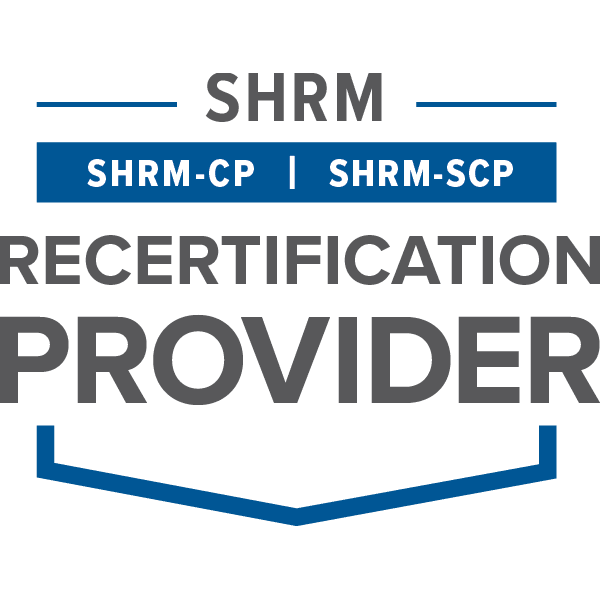Blog Layout
Employers: It’s not too late to complete your ACA filings
Blog / By Stacy Barrow • Jun 28, 2022
Employers: It’s not too late to complete your ACA filings
Blog / By Stacy Barrow
Written by Stacy Barrow, Chief Legal Consultant, SyncStream Solutions
The final deadline for Affordable Care Act (ACA) reporting was on March 31, 2021. Are you an applicable large employer (ALE) that missed this e-filing deadline for ACA Forms 1094-C and 1095-C?
If you’re uncertain about the ACA reporting requirements and deadlines, here’s a quick breakdown:
- March 1, 2021 – Paper filing deadline for Forms 1094-C and 1095-C.
- March 2, 2021 – Extended deadline for ALEs to deliver Forms 1095-B or 1095-C to employees.
- March 31, 2021– E-filing deadline for Forms 1094-C and 1095-C (E-filing is required for employers with 250 or more employees).
Luckily, if you haven’t completed your filings yet, you can still submit to the IRS to avoid increased penalties.
Filing late is better than not filing at all
Penalties for late filings are already steep. For the 2020 tax year, failure to file complete and accurate ACA forms will result in a penalty of $280 per form, with a maximum total penalty of $3,392,000 (depending on an employer’s gross receipts).
Filing within 30 days of the deadline provides some relief by reducing the penalty per form from $280 to $50. If you can’t get your forms submitted by April 30 (30 days after the e-filing deadline of March 31), then filing your forms before Aug. 1 results in a decreased penalty of $170 per form. Depending on how many employees are on your payroll, these reduced penalties could mean thousands or even millions of dollars saved.
However, if the IRS is able to determine you intentionally did not submit the required forms, the penalty amount increases to $560 per form with no maximum penalty limitation.
Employer ACA requirements
While the ACA’s individual mandate was effectively repealed beginning in 2019 when the individual mandate tax penalty was reduced to $0 as part of the Tax Cut and Jobs Act (H.R. 1), the employer mandate, including the applicable penalties, is still in place. This means ACA reporting requirements for employers remain, as do the penalties that come with failing to comply.
In fact, ACA compliance is more critical than ever as ALEs are beginning to experience the repercussions of ACA noncompliance. The IRS is actively pursuing penalties against ALEs that didn’t offer affordable coverage that meets minimum essential coverage standards to 95% of their full-time employees in tax years 2015 – 2018 (Letter 226J), and is expected to begin sending letters for tax year 2019 later this summer. Further, the IRS is actively pursuing ALEs who failed to file their Forms 1094-C or 1095-Cs in tax years 2015 – 2018 (Letter 5699) and ALEs (or non-ALEs with self-funded plans) who failed to timely file Forms 1094 or 1095, had incomplete or inaccurate information in their Forms 1094 or 1095, or failed to electronically file their forms 1094 and 1095 (if they have more than 250 employees). We expect the IRS to send Letters 5699 and 972CG for the 2019 tax year beginning late this summer.
With a new administration in the White House that has committed to continuing the ACA, it is clear that absent judicial determinations otherwise, the ACA is here to stay. Accordingly, employers are encouraged to remain in full compliance with the ACA, including offering affordable, minimum essential coverage meeting minimum value clients to 95% of their full-time employees (and their dependents), preparing for their annual filing obligations, and timely filing their Forms 1094 and 1095 with complete and accurate information.
As We Prepare to Say Farewell to the “Good Faith Effort to Comply” Relief, Employers Should Be Assessing their ACA Data and Reporting Systems in Preparation for Next Year’s Filing
Despite a raging global pandemic and a tumultuous general election, the ACA remains in full force and effect, and the IRS was steadfast in its continued pursuit of employers potentially out of compliance with the ACAs requirements. In summer 2020, the IRS continued its practice of issuing Letters 226J (failure to offer affordable coverage that meets minimum essential coverage standards to 95% of full-time employees) Letters 5699 (failure to failed to file their Forms 1094-C or 1095-Cs), and letters 972CG (failure to timely file Forms 1094 or 1095, filing incomplete or inaccurate information on Forms 1094 or 1095, or failure to electronically file).
However, while the IRS has actively been pursuing employers for potential violations of the ACA, a
Treasury Inspector General for Tax Administration (TIGTA) Final Report issued on June 10, 2020 determined that the IRS collections for Employer Shared Responsibility Penalties was significantly lower than predicted.
Specifically, the TIGTA determined that cases closed or in process as of July 27, 2019 were estimated to result in Employer Shared Responsibility Payments of close to $17 billion; however, the amount actually assessed by the IRS was $749 million. If this trend were to continue, this would result in a significantly lower revenue from the employer shared responsibility payments (ESRP) projected by the Congressional Budget Office’s Joint Committee on Taxation’s estimate, which estimated that in the 10-year period beginning in Fiscal Year 2016, the ESRP revenues would be $167 billion, including $9 billion in fiscal year 2016 (as well $13 billion in 2017 and $15 billion in 2018). Per the TIGTA report, the new forecast for ESRP revenues, should things not change, would be $8 billion for that 10-year period.
In its audit, the TIGTA concluded, among other things, that the significant ESRP revenue shortfall resulted from “inadequate processes and procedures” that resulted in the IRS making adjustments to proposed penalties. Specifically, the TIGTA found that 76 percent of the cases it sampled as part of the audit resulted in significantly adjusted proposed ESRP penalties (from $24 million to $88,000). In most of these cases, the penalty was adjusted because an ALE incorrectly coded their forms (i.e., indicating they did not offer coverage to full-time employees when coverage was, in fact, offered). Others were the result of failing to report or incorrectly reporting the applicable affordability safe harbor codes on line 16 of the 1095-C.
Based on the above, employers should not become complacent. Instead, employers should become increasingly more vigilant. The report looked at the 2015 and 2016 tax years, when the coding was new and vendor systems and the IRS’ electronic filing systems experienced many challenges. As we are approximately five (5) years into the filing process for the ACA, these challenges are less prominent and even less justifiable for employers. Moreover, discussed above, the report suggested many of the IRS’ decisions to reduce proposed assessed penalties (based on a statistical sampling) was due to incorrect coding. The IRS’s response to the TIGTA referenced its good faith effort to comply relief available to employers in for the 2015 and 2016 tax years as a basis for adjusting proposed penalties. However, per
IRS Notice 2020-76, the 2020 tax year is the last year employers will have the benefit of good faith effort in filing their forms. Accordingly, the IRS will have significantly more leverage to impose penalties for the 2021 tax year and beyond.
Employer should be evaluating and improving their data management processes and reporting systems to ensure they are prepared for tax year 2021 filing.
Have Questions or Need More Information?
Thank you for contacting us.
We will get back to you as soon as possible.
We will get back to you as soon as possible.
Oops, there was an error sending your message.
Please try again later.
Please try again later.

By Natalie Frantz
•
22 Mar, 2024
SyncStream Solutions, LLC is thrilled to broaden their educational webinars to reach the SHRM audience. SyncStream Solutions, LLC is recognized by SHRM to offer Professional Development Credits (PDCs) for SHRM-CP® or SHRM-SCP® recertification activities effective March 6, 2024 through March 31, 2026.

By Robyn Carlini
•
15 Feb, 2024
Are you grappling with ACA reporting complexities and seeking expert guidance to ensure compliance before the ACA deadline? Watch our insightful session where our tenured and highly trained ACA subject matter experts will address the most pressing questions leading up to the reporting deadline. We understand the challenges businesses face in navigating the intricacies of ACA compliance, and we are here to simplify the process. T opics include: Navigating the Year-End Process with Precision Important Deadlines Exploring the E-filing Correction Process
Receive Our Newsletter
Thank you for contacting us.
We will get back to you as soon as possible.
We will get back to you as soon as possible.
Oops, there was an error sending your message.
Please try again later.
Please try again later.
Resources
SyncStream Solutions, LLC is recognized by SHRM to offer Professional Development Credits (PDCs) for SHRM-CP® or SHRM-SCP® recertification activities.

Copyright © 2024 SyncStream Solutions, LLC. All Rights Reserved





